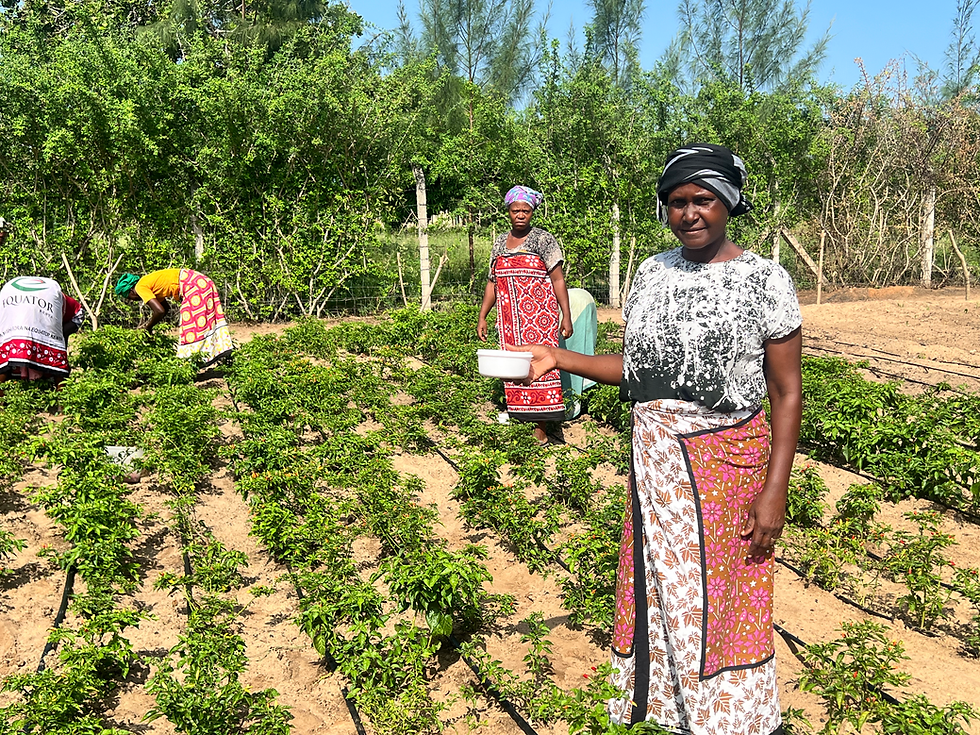How SUED Has Created the Right Environment for Sustainable Development in Kenya’s Intermediary Cities
- Sep 4, 2025
- 2 min read

Kenya’s intermediary cities—those with populations between 50,000 and one million—are emerging as vital engines of regional growth. Yet, many of these urban hubs have long been overlooked in national development strategies, leaving them vulnerable to climate shocks, economic stagnation, and infrastructure deficits. The UK Government’s Sustainable Urban Economic Development (SUED) programme is changing that narrative by creating the right conditions for these cities to thrive sustainably.
A Holistic Approach to Urban Resilience
SUED’s model is built on a three-pronged strategy: strengthening urban economic planning, attracting private sector investment, and embedding climate resilience. By working with 12 intermediary cities across Kenya, SUED has helped local governments develop Urban Economic Plans (UEPs) that identify viable value chains and infrastructure projects. These plans serve as blueprints for inclusive, green, and resilient growth.
Unlocking Private Sector Investment
SUED has been instrumental in de-risking investments and building investor confidence. By offering seed funding and technical support, the programme has catalyzed over £76 million in public and private investment. In Lamu County, SUED partnered with Thika Cloth Mills to establish a cotton ginnery that will triple local production and create a regional textile hub. The facility is designed with solar energy and waste-reducing technologies, showcasing SUED’s commitment to climate-smart development.
In Kilifi, SUED supported the commissioning of a chilli processing plant through a partnership with Equator Kenya Limited. This initiative has empowered over 8,500 small-scale farmers—70% of whom are women—by integrating them into a climate-resilient value chain
Building Institutional Capacity
Beyond infrastructure and investment, SUED has focused on strengthening local governance. Municipalities now have improved capacity to plan for climate risks, engage stakeholders, and manage urban growth. This institutional support ensures that development gains are not just immediate but sustainable over the long term.
Impact Snapshot
15+ climate-resilient projects initiated
£46+ million in private investment leveraged
68K jobs created in green sectors
75% increase in local government capacity for climate planning
Looking Ahead
SUED’s success in Kenya’s intermediary cities offers a replicable model for other regions. By fostering collaboration between municipalities, private investors, and development partners, SUED is helping cities unlock their economic potential while safeguarding their future.
In a world where urban resilience is no longer optional, SUED is proving that with the right environment, even the most overlooked cities can lead the way




Comments